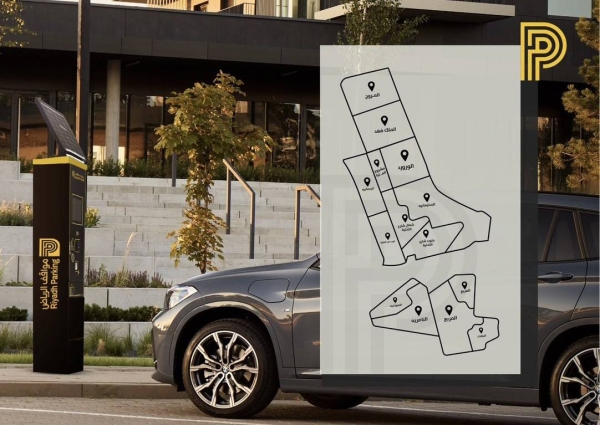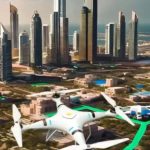The Riyadh Mayoralty has recently launched the Riyadh Parking project, which is a vital part of the city’s Public Parking plan. The goal of this project is to enhance the quality of life in Riyadh by organizing public parking spaces, decreasing the occurrence of illegal parking, and improving traffic flow. The first phase of the project includes the establishment and management of over 24,000 parking lots on the streets, as well as the management of over 140,000 parking lots in residential neighborhoods. This phase will cover twelve districts, including Al-Wurood, Al-Rahmaniyah, western Al-Olaya, Al-Morouj, King Fahd, and Al-Sulaymaniyah, along with four southern districts.
In addition to traffic management, the Riyadh Parking project aims to stimulate local economies by promoting commercial activity near public parking areas. By offering convenient parking solutions, the project hopes to attract more shoppers and sellers to these areas. The project is the result of a collaboration between Remat Al-Riyadh Development Company, the development arm of the Riyadh Mayoralty, and solutions by STC, a prominent digital transformation company. This partnership will oversee the establishment, management, operation, and maintenance of public parking lots in the city. The project is in line with the Riyadh Municipality’s dedication to supporting the private sector and working towards the goals of Vision 2030. By implementing sustainable parking solutions and utilizing smart city technologies, the municipality aims to enhance the overall quality of life in Riyadh.
The Riyadh Parking project is a significant initiative that aims to improve the quality of life in the city by addressing the issue of public parking. The first phase of the project will involve the establishment and management of a large number of parking lots on the streets and in residential neighborhoods. These parking lots will be spread across twelve districts in Riyadh, including both commercial and residential areas. By organizing public parking and reducing instances of illegal parking, the project seeks to enhance traffic flow and create a more orderly urban environment.
One of the key objectives of the Riyadh Parking project is to revitalize local economies by encouraging commercial activities near public parking areas. By providing convenient parking solutions for shoppers and sellers, the project aims to increase foot traffic in these areas and boost economic activity. The project is a joint effort between the Remat Al-Riyadh Development Company and solutions by STC, two organizations committed to leveraging technology and innovation for the betterment of Riyadh. This partnership will be responsible for overseeing the establishment, management, operation, and maintenance of public parking lots throughout the city.
The Riyadh Municipality’s collaboration with the private sector on the Riyadh Parking project is part of a broader effort to support economic growth and development in the city. By partnering with organizations like the Remat Al-Riyadh Development Company and STC, the municipality is able to tap into expertise and resources that can help drive the success of the project. The project aligns with the goals of Vision 2030, Saudi Arabia’s long-term development plan, which aims to diversify the economy and create a more sustainable future for the kingdom. By implementing smart city technologies and sustainable parking solutions, the Riyadh Municipality is taking an important step towards achieving these objectives.
Overall, the Riyadh Parking project represents a significant investment in the future of the city and its residents. By improving public parking and traffic management, the project aims to enhance the quality of life in Riyadh and create a more vibrant and sustainable urban environment. Through strategic partnerships with the private sector and the use of innovative technologies, the project is poised to have a lasting impact on the city’s economy and infrastructure. As the project moves forward, it will be important to monitor its progress and evaluate its success in achieving its goals of improving public parking, reducing illegal parking, and stimulating economic activity in the city.











